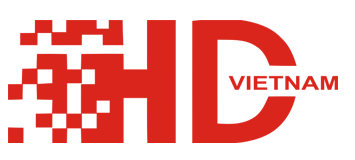Freeview's popularity is all the more remarkable because Britain was the scene of an earlier digital-TV debacle, the 2002 collapse of broadcaster ITV Digital. The $15-per-month pay-TV service, launched in 1998 by Carlton Communications and Granada, which later merged, went broke after paying too much for soccer rights and failing to attract enough subscribers. Freeview rose from its ashes, and thrived by ditching monthly fees in favor of old-fashioned advertising revenues.
FOLLOWING SUIT
Britain isn't the only European country jumping into free digital broadcasting. Sweden launched a service in 2002 and saw 88% growth in subscribers last year. Germany is rolling it out region by region. A million Italian viewers now get over-the-air digital TV. And on Mar. 31, France switched on its Télévision Numérique Terrestre, or TNT, with plans to cover 85% of the country by 2007.
The emergence of digital broadcasting threatens to shake up TV in the Old World. After all, three-fifths of Europeans still get only analog TV -- usually just a half-dozen channels. New digital terrestrial TV (DTT) services such as Freeview and TNT, offering up to six times as many choices, will attract 16.5 million European households by 2008, up from 6.3 million now, predicts London market researcher Informa Media Group. That could slow growth for cable and satellite services, which will have to beef up offerings or drop prices to attract new customers. "This is a huge competitive threat to cable and satellite," says Windsor Holden, analyst with Juniper Research in Basingstoke, England.
....
Nobody is keener on DTT than conventional broadcasters. Though their channels are already carried on cable and satellite, they see over-the-air digital as a chance to broaden their audience and sell more ads. "We want to diversify our channels, and, of course, make more money," says Philippe Holl, spokesman for French entertainment channel M6, which is launching a new music-and-movie station on TNT called W9. The risk is that the same number of advertising dollars will be spread among more channels. "Everybody gets a smaller slice of the cake," says Juniper's Holden.
DTT (digital terrestrial TV) also could steal away viewers, a danger that pay-TV providers are already mobilizing to fight. French cable company Noos and satellite provider TPS say they won't drop prices to combat TNT. But in anticipation of its arrival, they've plastered the Paris Métro with billboards promoting special offers and expanded services. Britain's BSkyB is taking a more radical step. It has quietly rolled out a free, bare-bones satellite-TV service to fend off Freeview, in the hope that users will trade up later to pay-TV packages (NWS ).

